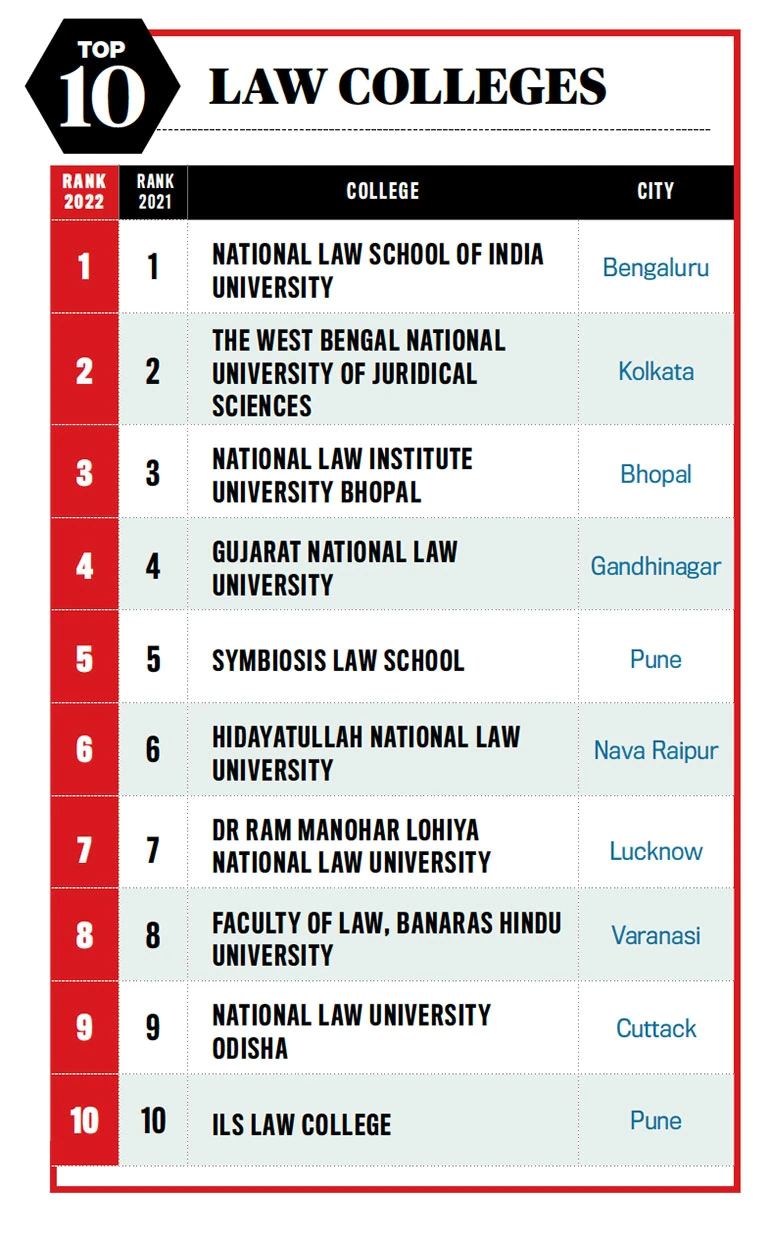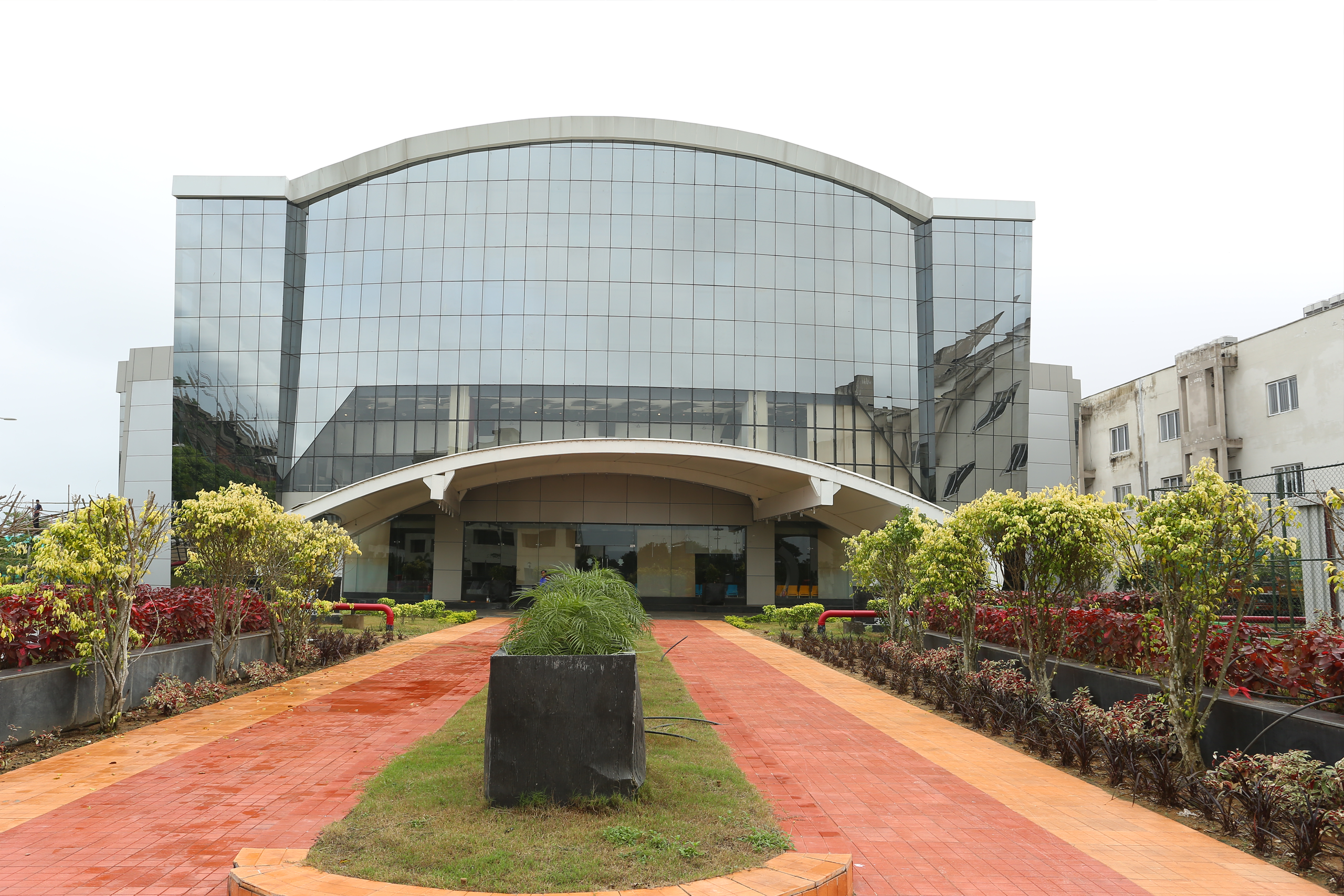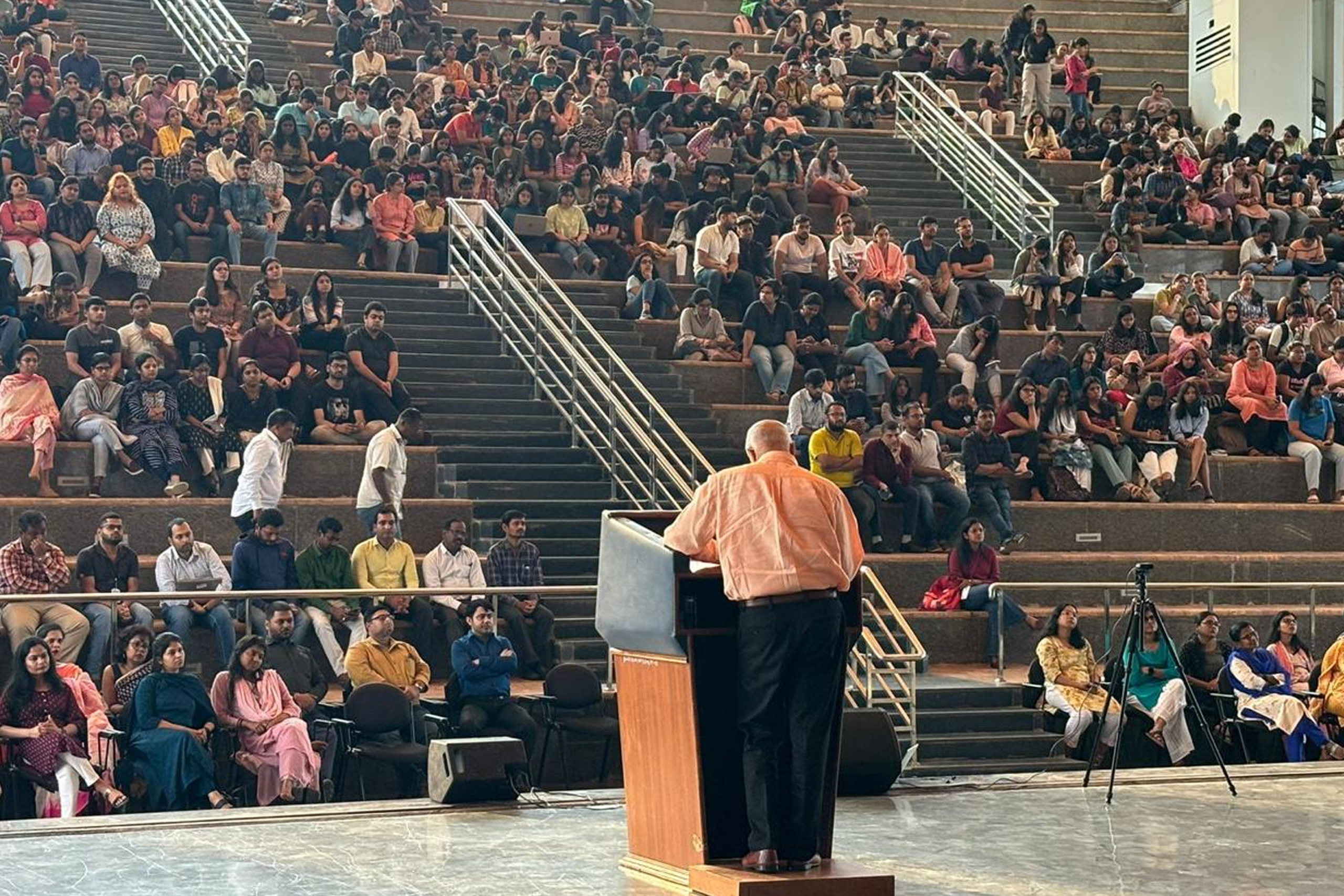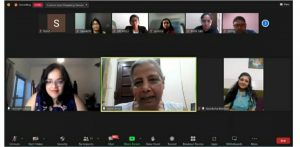News Category: News
“B.A. Specialisation Programme – 2022”
24 Jul 2022
<img class="alignnone wp-image-9104" src="https://nluo.ac.in/storage/2022/0
- <a href="https://nluo.ac.in/storage/2022/0B.A. Specialisation Programme – Brochure
- Application Form for admission in B.A. Specialisation Course
“2nd NLUO PHFI Public Health Law National Moot Court Competition, 2022.”
21 Jul 2022
No content available
Quotation Call Notice for Supply of Classroom bench and Desk for NLUO Cuttack
18 Jul 2022
No content available
“NLU Odisha 2022 graduating batch secures 47 job offers.”
11 Jul 2022
No content available
“India Today Ranking 2022: NLU Odisha is among the top 10 best Law Schools in India”
09 Jul 2022

“Quotation Call Notice – Repair to the sliding Aluminium windows of hostel at NLUO, Cuttack.”
08 Jul 2022
No content available
“Centre for Mediation and Negotiation NLUO has successfully concluded its very first event, a Certificate Workshop titled ‘Mediator’s Opening Statement’ organized in collaboration with Accords International. “
04 Jul 2022
It gives us immense pleasure to announce that the Centre for Mediation and Negotiation NLUO has successfully concluded its very first event, a Certificate Workshop titled ‘Mediator’s Opening Statement’ organized in collaboration with Accords International.
The event was held on 1st July 2022, as a commemoration of the 20th Anniversary of the 2002 Amendment to the Code of Civil Procedure, 1908, which paved way for amicable conflict resolution vis-?vis Section 89 of the Code.
Accords International is one of the finest institutes institutions in the field of dispute resolution and boasts of highly nuanced industry experience. The workshop comprised of a detailed discourse on Mediation, its dynamic nature and the changing landscape of the process in the Indian legal context. Subsequently, the event was followed by a Structured Simulation of Juridical Mediation led by Ms. Upasna Singh, Founder & CEO, Accords International and Ms. Akanksha Marwah, Co-Founder & COO Accords International. Both our esteemed panelists are certified mediators from the Samadhan Delhi High Court Mediation & Conciliation Centre.
Since the event demanded a certain degree of exclusivity, there were limited slots available for participation. We witnessed participation from various institutions, national law universities, faculty and students alike. However, to ensure that each interested individual witnesses and benefits from the workshop, the event was live-streamed on YouTube. The link can be accessed here. We are grateful to our Vice Chancellor, Prof. Ved Kumari for actively supporting the Centre in organizing the event and witnessing the workshop.
The Centre for Mediation and Negotiation NLUO extends their gratitude to everyone involved in making this event a success. We look forward to our upcoming endeavors and hope to receive a likewise enthusiastic response!
“Quotation Call Notice for Supply of Electrical items for NLUO, Cuttack.”
20 Jun 2022
No content available
“Notice Inviting Tender for Providing Pest Control Service at NLUO Campus.”
17 Jun 2022
No content available
“Corrigendum- Extension of last date of quotation submission for Purchase of Miscellaneous Items (Computer / IT).”
13 Jun 2022
No content available






